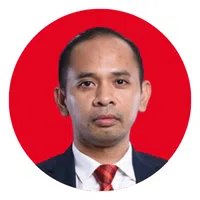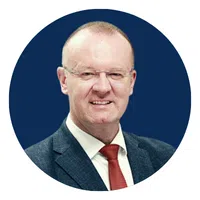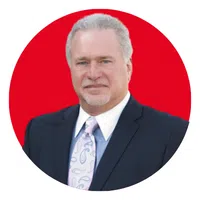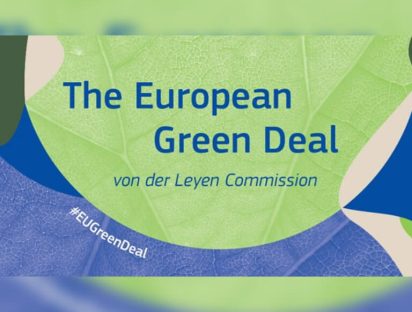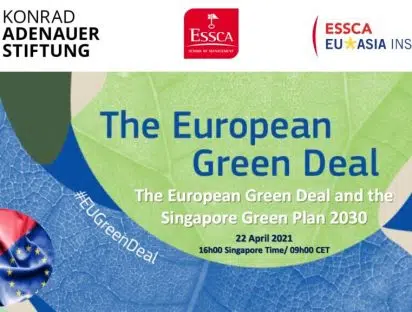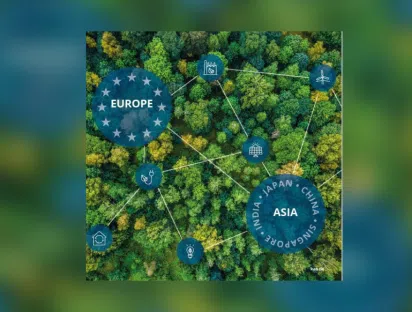This conference marks the launch of a new fourth-year course at ESSCA and connects to research at ESSCA, particularly Sonia Chikh M'hamed's research projects within the EU*Asia Institute.
Date: 27 January 2023
Time: 10:15 – 11:25 CEST / 16:15-17:25 Singapore times
ESSCA Angers (in person) and online
Click here to join the conference
The current war in Ukraine is only the most recent in a series of severe crises in the international political and economic system. Policymakers and entrepreneurs are facing a double challenge: how to avoid a deepening recession and social unrest in the short term while staying on an ambitious path toward sustainable development and enhancing the resilience of society. It is in the interest of all major economic blocks to avoid further fragmentation and a decoupling of the global economic system from critical environmental goals. This challenge requires suitable regulatory frameworks in the EU and in regions and nation-states around the world. The necessity for an ambitious Green Transition also requires new thinking among entrepreneurs, from “business as usual” to “business unusual,” toward ”regenerative business.”
The conference will analyse the challenges in Europe, the United States, and the Asia-Pacific region, and the concepts and models developed in governmental and business policy to cope with this fundamental transformation.
Objectives
- Better understanding of concepts of green transitions in the EU, United States and Asia-Pacific
- Rethinking global and business environment in times of policy crisis
- Exchanging innovative approaches to speed up the transformation into sustainable, resilient economy through a multilevel and multi-stakeholder approaches
Guiding questions
- What is the status of political frameworks related to green transformation in Europe, the United States and Asia?
- How can we avoid a major backslash in Green Transition due to geopolitical crisis, economic recession, and decoupling?
- What can Europe, the US and Asia specifically contribute to a new phase of sustainable globalisation?
- How can we provide a better regulatory framework for unleashing the innovative potential of the private sector?
- What can we learn from innovative business models?
Agenda
- 10:15 – 10:25 Welcoming Remarks & Introduction
Dr Jean Charroin, CEO & Dean ESSCA School of Management (tbc)
Sonia Chikh M’hamed, Associate professor, ESSCA School of Management & EU*Asia Institute, Angers, France
- 10:25 – 10:55 Roundtable Discussion: Rethinking Globalisation under Green Transitions Frameworks
- Europe: Dr. Peter Hefele, Policy Director, Wilfried Martens Centre, Brussels
- United States: Prof. Ira Feldman, Founder & Board Chair, Adaptation Leader, US
- Asia-Pacific: Mr Beni Suryadi, ASEAN Centre for Energy, Jakarta, Indonesia
Moderation:
ESSCA Angers: Reed Meister, Adjunct Professor, ESSCA School of Management & Sonia Chikh M’hamed, Associate Professor, ESSCA School of Management
ESSCA Aix-en-Provence: Tahira Abdullah, Adjunct Professor, ESSCA School of Management
ESSCA Boulogne: Isabelle Beaudouin, Adjunct Professor, ESSCA School of Management
ESSCA Budapest: Isaias Rivera, Adjunct Professor, ESSCA School of Management
ESSCA Lyon: Jessica Kohler, Adjunct Professor, ESSCA School of Management
- 10: 55 – 11:15 Discussion
- 11:15 – 11:25 Conclusion & End of the Conference
Click here to join the conference
About the speakers
Manager of Power, Fossil Fuel, Alternative Energy, and Storage ASEAN Centre for Energy
Energy professional with 12+ years of experience in managing programs and conducting research on energy and climate change, supporting the governments of 10 countries in Southeast Asia to build climate-friendly development of the energy sector, and presenting it to the ASEAN Ministers on Energy Meeting (AMEM) annually.
Currently leading energy partnerships with the U.S., Russia, China, India, Norway, and international development agencies, overseeing multimillion projects’ portfolios, including the ASEAN Energy and Climate Change Project (ACCEPT); the first integrated official project that addressed the regional emissions reduction from the energy sector, endorsed by the ASEAN Ministers on Energy, and the ASEAN Interconnection Masterplan Study (AIMS) III; the regional blueprint for electricity interconnection in the region under the ASEAN Power Grid (APG).
A Non-Resident Fellow, The Energy for Growth, Washington, D.C. United States of America; Steering Committee of Global Consortium on Power System Transformation (G-PST), Core Member of Green Grid Initiative Asia-Pacific Working Group, Advisory Board of AGENCE FRANÇAISE DE DÉVELOPPEMENT (AFD) Indonesia, and former Sustainability Advisory Council of PT Aplikasi Karya Anak Bangsa (GO-JEK).
Policy Director - Wilfried Martens Centre for European Studies, Brussels
Dr. Peter Hefele graduated in Economics and Economic History from the Catholic University of Eichstätt-Ingolstadt in 1997. He worked as an economic researcher at the Institute for Economy and Society/Bonn and joined the Konrad-Adenauer-Stiftung (KAS) in 2003 as Head of the Economic Policy/Political Education Department. In 2006, he became Head of the China, Southeast Asia, India Department in the Asia and Pacific Team of the KAS in Berlin.
From December 2010 to February 2015, he worked as Head of the China Office of the Konrad-Adenauer-Stiftung in Shanghai. From March 2015 to April 2019, he was Head of the Regional Project "Energy Security and Climate Change" (RECAP), based in Hong Kong SAR/PR China. Between May 2019 and December 2020, he was the Director Asia and Pacific of KAS in Berlin.
Since January 2022, he has been Policy Director of the Wilfried Martens Centre for European Studies, the think tank of the European People's Party EPP, in Brussels.
His work focuses on foreign and security policy, economic policy, international development cooperation and energy/climate policy. He is also an expert on political, economic and social developments in Asia and China.
He is fluent in German, English and Hungarian, has good knowledge of French and Italian and basic knowledge of Chinese.
Founder & Board Chair, Adaptation Leader
Ira Feldman is a US-based sustainability leader with an interdisciplinary skill set and a global reach. He is Founder & Board Chair of the not-for-profit Adaptation Leader and is positioned at the leading edge of the convergence of sustainability, climate adaptation and ecosystem services.
With cross-cutting experience as an attorney, management consultant, policymaker, regulator, standards developer, and political advisor, Ira has focused on environmental regulatory innovation (e.g., alternatives to "command and control” regulation), strategic environmental management, sustainable business practices and corporate social responsibility. In academia, he has taught these topics as adjunct professor at the City University of New York, George Mason University, Fordham University, the University of Pennsylvania, Vermont Law School, and Washington College of Law. To advance sustainability in higher education, he founded the not-for-profit Sustainability Curriculum Consortium (SCC).
In the 1990s, as Special Counsel at US EPA headquarters, he pioneered new enforcement settlement approaches; developed the EPA audit and self-disclosure policy; and was the architect of EPA's first corporate voluntary excellence program. Since then, as team leader or in partnership with other consultancies and law firms, Ira has assisted governmental entities, multilateral organizations, think tanks, corporate trade associations and SMEs, on a wide range of implementation, policy development, and training activities. He led in the development of corporate voluntary excellence programs, environmental performance tools and strategies, and international voluntary standards (ISO 14000 series, ISO 26000 and GRI).
Ongoing interests as a researcher and practitioner include: the role of ESG (environment-social-governance) factors in the financial sector, including corporate strategies for climate adaptation; the implications of "soft law" or "private law" for business and government; the use of public-private partnerships (PPP) to advance sustainable development; and the role of blockchain technology in addressing climate adaptation and resilience. Ira is committed to advancing sustainability thinking in the US through policy initiatives and electoral politics; assisting universities with faculty and curriculum development for sustainability in higher education; and remaining an active contributor to the substantive sustainability and climate dialogue.

